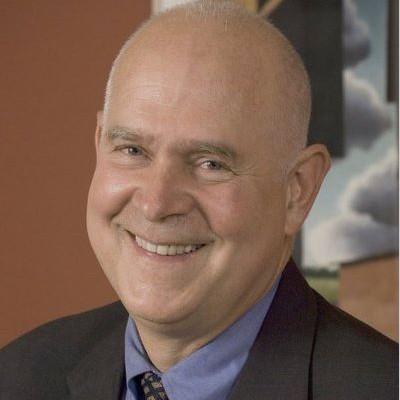
Dr. Scott Barnhart, from the International Training and Education Center for Health (I-TECH) within the University of Washington Department of Global Health, has received $9.2 million for year 1 of a 5-year grant from the Centers for Disease Control and Prevention (CDC)/US Department of Health and Human Services (DHHS) to help control the HIV/AIDS epidemic in Zimbabwe through expanding voluntary medical male circumcision (VMMC).
HIV affects 15% of the population in Zimbabwe. VMMC is critical for HIV prevention, as it reduces the risk of male HIV infection by as much as 60%. The 15-minute procedure is proven to work better than many disease-preventing vaccines and appears to offer lifelong protection. By lowering men’s risk of acquiring HIV, this approach reduces the transmission of HIV for both women and men.
The I-TECH/UW Department of Global Health project is being implemented with ZAZIC, a local consortium comprising the Zimbabwe Association of Church Hospitals (ZACH), Zimbabwe Community Health Research Project (ZiCHIRe), and University of Zimbabwe College of Health Sciences-Clinical Trials Research Centre (UZCHS-CTRC). The project aims to circumcise 100,000 men in its first year and 500,000 men over five years, resulting in the prevention of approximately 100,000 new cases of HIV.

“Implementation science is all about achieving impact at scale,” says Dr. Barnhart. “This project uses implementation science methods via a model focusing on working with public sector hospitals and mission hospitals.”
“This approach is not only effective; it builds sustainable capacity that can be transitioned to the Ministry of Health at the end of the project,” he notes. “Without this model, few projects will succeed in ultimately becoming locally led and thus sustainable.”

I-TECH's overall approach is to promote local control and ownership in projects being implemented at scale. This project highlights the distinct advantages of leveraging the power and skills of local organizations, building capacity, and shifting project direction and funding in-country.
Dr. Barnhart is Professor of Global Health, University of Washington, and led the original I-TECH/UW and ZAZIC consortium partnership aimed at promoting VMMC in Zimbabwe. Dr. Barnhart is working with a Seattle-based team that includes Marrianne Holec, Dr. Caryl Feldacker, and Joanna Mendelsohn; and Dr. Batsi Makunike, Dr. Vernon Murenje, Professor Tshimanga, Ms. Chitimbire, and many other team members in Zimbabwe.